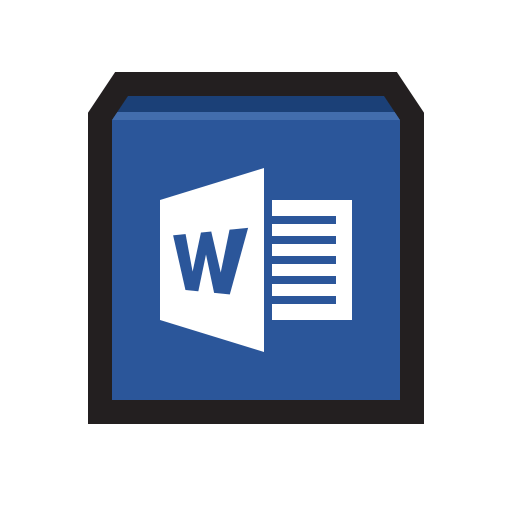ARTIFICIAL INTELLIGENCE IN ENHANCING INTERACTIVE LEARNING OF ORAL LITERATURE IN MODERN EDUCATION SYSTEMS
Abstract
Artificial Intelligence (AI) is revolutionizing interactive learning in modern education systems, particularly in the teaching of oral literature. AI technologies create personalized and engaging learning experiences, making traditional oral literature more accessible to contemporary learners. This systematic literature review (SLR), conducted using the PRISMA methodology, explores how AI enhances the learning of oral literature, focusing on personalized learning paths, real-time feedback, and immersive environments through tools like virtual simulations. These AI-driven innovations significantly increase student engagement and improve understanding. In addition to personalizing learning, AI supports collaborative and communal learning experiences, which are crucial for teaching oral traditions that rely on interaction, such as pantun and wayang. However, challenges remain in ensuring ethical use, data privacy, and addressing the digital divide, especially in regions with limited access to technology. Equitable access to AI tools is necessary to ensure the broad adoption of AI-enhanced learning in diverse educational settings. Future prospects include developing AI-powered virtual storytellers to enable real-time interaction with oral narratives, deepening students' understanding of cultural context. AI can also aid in the preservation of endangered oral traditions through digital archiving, ensuring their accessibility for future generations. Overall, AI offers significant potential to modernize the teaching of oral literature, making it more interactive, engaging, and inclusive.


